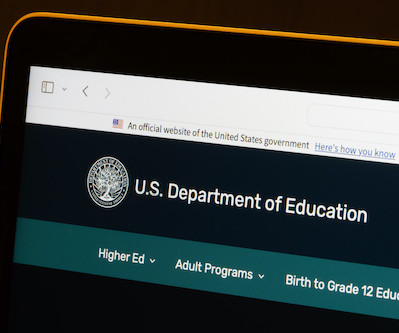Learning in the Digital Age
eSchool News
JANUARY 3, 2024
K-12 digital learning holds immense importance in shaping the educational landscape by addressing the diverse needs of students and preparing them for the demands of the 21st century. Embracing digital learning in primary and secondary education offers several compelling advantages as we examine the importance of education in the digital age.












Let's personalize your content